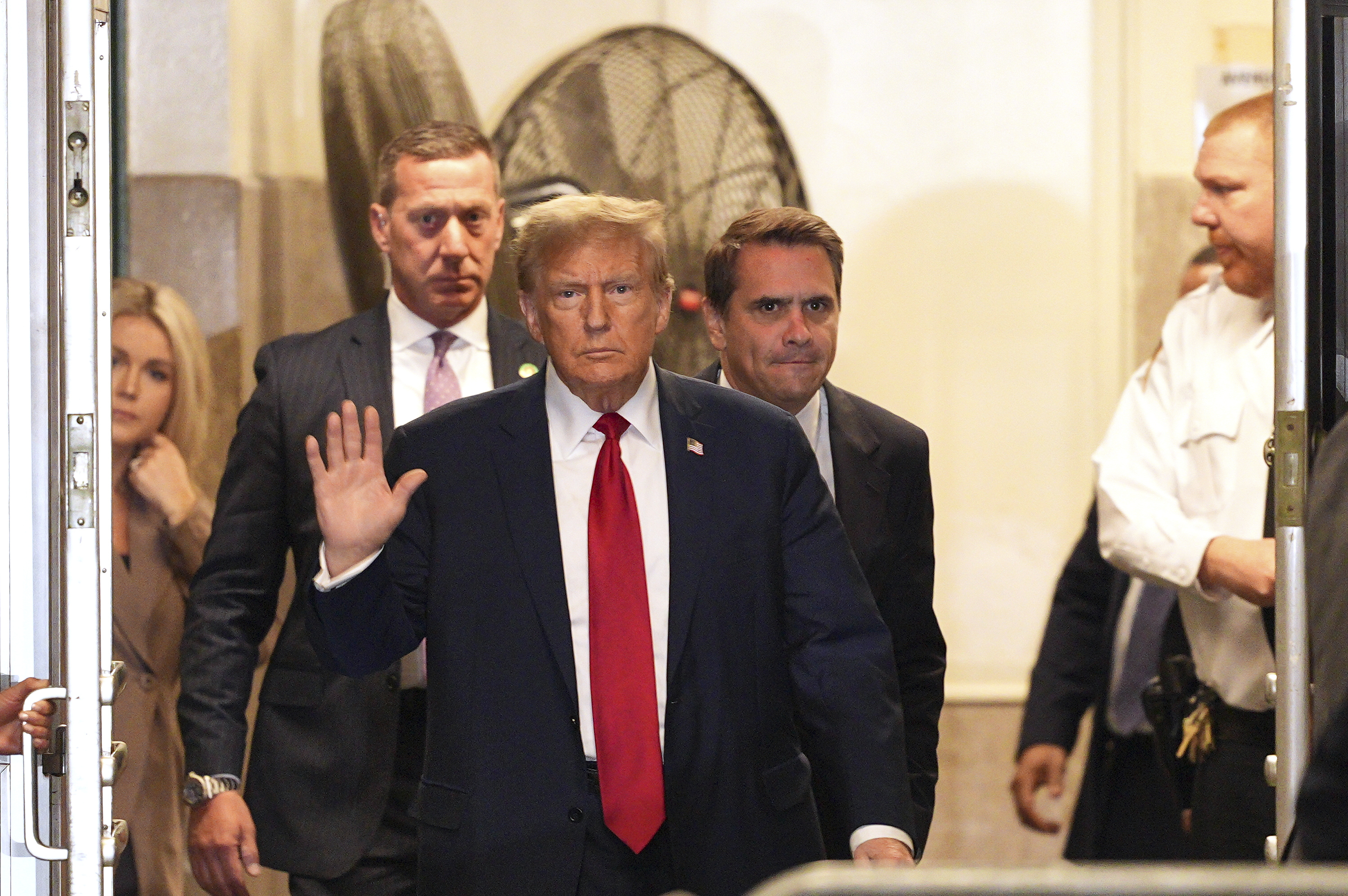What to Know
- NBC4 obtained three years of internal agency reports that show operators were victims of assaults an average of 11 times per month
- Metro's security director said the agency is taking steps to protect drivers from such unprovoked attacks
- Until recently, the sheriff's department handled law enforcement on Metro buses, but the agency now shares that job with the LAPD
Retired Metro bus driver Jim Lucitt lost count of the assaults and insults he and other operators were subjected to during his 20 years on the job in Los Angeles.
The horror stories ranged from unruly behavior to attacks that posed serious safety threats to drivers and passengers.
"Most people don't have any idea what the job is like," Lucitt said. "You become the target of somebody’s agitation or aggression,and it's a very dangerous job."
NBC4 obtained three years of internal agency reports that show operators were victims of assaults an average of 11 times per month. They document incidents in which they were choked, pepper-sprayed, splashed with hot coffee, punched, struck with bottles and threatened with box cutters and handguns.
"People have urine thrown on them," said Lucitt. "They get the urine in a cup and they throw it on them, and they spit on them, and they open up their soda cans on them."
In another disturbing case, a man approached a bus that was on a layover and began masturbating in front of the female driver.
U.S. & World
News from around the country and around the globe
"It could be anywhere from someone just verbally assaulting all the way on up to physical assault, even stabbing of operators, rape, urine, feces," said Art Aguilar, president of Amalgamated Transit Union Local 1277, which represents drivers. "And, for what cause? I mean, dogs get treated better than some of these operators."
Metro's security director said the agency is taking steps to protect drivers from such unprovoked attacks. Along with panic buttons that allow drivers to instantly summon police or deputies, many buses also feature new barriers to protect drivers. LA Metro is also testing live security cameras in 100 buses.
"We can actually view streaming real-time video on the bus," said Metro security Director Alex Wiggins. "That way, if there is an issue on the bus, we'll be able to intervene in real-time.
"Our operators are really on the front lines. They’re the first to interact with some individuals that may be in crisis."
Congresswoman Grace Napolitano co-authored a bill to improve safety nationwide. Introduced in June, the bill never made it out of a subcommittee, but Napolitano plans to try again next year.
"It requires transportation agencies to install barriers in order to prevent them within two years," Napolitano told the I-Team in August. "We will fight for this bill because we think it's important."
Metro said is has voluntarily installed barriers on 1,500 of its roughly 2,500 buses, but the agency plans to include them on all buses.
Until recently, the sheriff's department handled law enforcement on Metro buses, but the agency now shares that job with Los Angeles police. Officers and deputies are regularly riding buses.
NBC4's Jonathan Lloyd contributed to this article.



